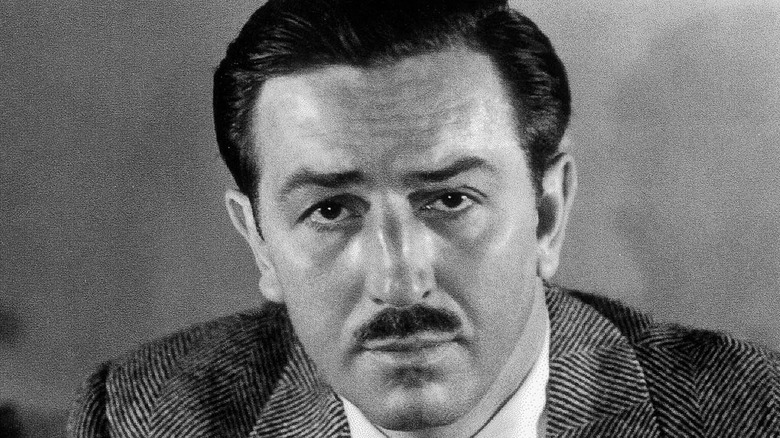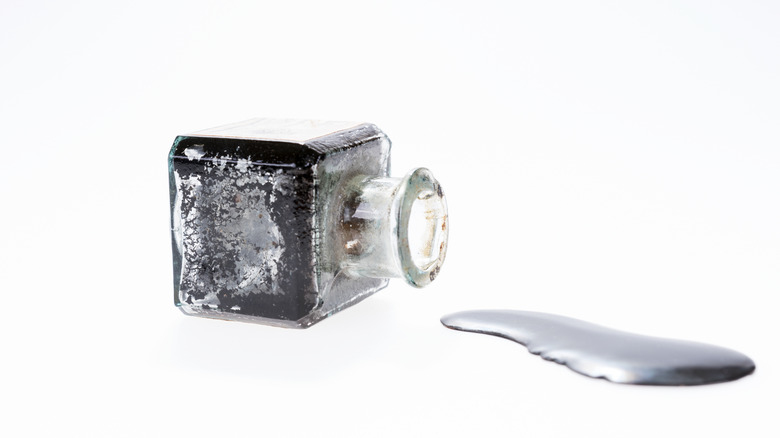The Truth About Walt Disney's Feud With Max Fleischer
In 1994, Jeffrey Katzenberg, once a prominent force in Disney, left after he was passed over for control of the whole company and created DreamWorks shortly after. This was likely in large part a direct challenge of the mouse's hegemony — reportedly producing animated films that blatantly mocked the company, like Shrek (via Polygon). For a time they gave Disney its biggest competition in years despite being a comparatively new company. In the early 1900s, however, it was Walt Disney himself who was the underdog to much bigger names.
Amidst a sea of comparable and far more successful cartoonists, he struggled and even lost the rights to his initial success, Oswald the Rabbit, to Universal Pictures (via Inverse). Yet eventually he regained his footing with Mickey Mouse in "Steamboat Willie," which according to Collider, was a source of anger for contemporary animation giant, rotoscope inventor, and Betty Boop creator Max Fleischer. His embitterment grew as the former not only took credit as the first to use sound in a cartoon, but became a household name with his 1937 cinematic debut.
Fleischer's resentment for Disney was dispelled
In spite of Max Fleischer's efforts to come out on top, which included the release of his own animated films, such as the then-popular Popeye, and schemes like denying Disney potential animators by leaving California, he gradually saw his studio lose its relevance. After it struggled from intense feuds between Fleischer and his brother, as well as from producing the realistic and non-comedic Superman cartoons tasked to them by Paramount (its largest shareholder), the latter eventually bought them out (via Sun-Sentinel). His resentment of the man who stole the spotlight persisted until it lessened in the 1950s, when Fleischer received a call from his son Richard.
Walt Disney had personally approached his son to direct the upcoming "20,000 Leagues Under the Sea," his company's most expensive project at the time. Richard wanted to but wished to consult with his father on account of their rivalry. Fleischer made it clear that he wanted to see his son succeed and gave his blessing, also requesting that his son tell Disney that he had a "great taste in directors" (via Fleischer Studios). Disney and the elder Fleischer eventually developed a cordial relationship, and in 1956, the two even had lunch with several Disney animators that had once worked for the latter.

